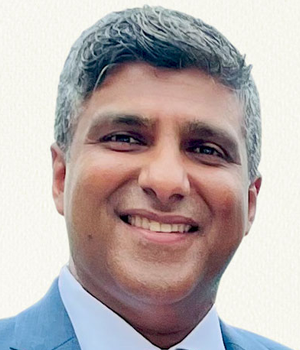Billions of dollars has been spent by the federal government to encourage hospitals and physicians to use electronic medical and billing records in order to reduce healthcare cost and for improving efficiency and patient safety. The move has contributed to billions of dollars in higher costs for Medicare, private insurers and patients by facilitating physicians and hospitals to bill more for their services, irrespective of whether they provided extra care or not.
In a recent report, federal regulators said that in 2010 alone Medicare had to spent around $100 million for payments. Medicare billings for emergency care jumped from 50 percent to 80 percent during the period 2006 to 2010.
There are some experts who point out that in some of these programs you can automatically generate detailed patient histories. This allows physicians to cut and paste the same medical examination results for multiple patients in different situations. It is called cloning and it can be done easily by clicking a button or by swiping a finger on any device such as an iPad, which will give a fake idea that the physician conducted more number of tests.
According to a New York Times analysis of Medicare data from the American Hospital Directory, hospitals received $1 billion more in Medicare reimbursements in 2010 than what they got five years before. This was achieved by partially changing the billing codes usually assigned to patients in the ER. Physicians also change the way they bill office visits, thereby increasing their payments.
There has been a 47 percent steep rise in Medicare payments at higher levels from the year 2006 to 2010 for hospitals that received government funds to adopt electronic records. Only 32 percent rise is seen in the case of hospitals that did not receive any government incentives.
Medical billing and coding processes have to be carried out with remarkable accuracy catering to the rules and regulations of government as well as private payers. This will ensure that your claims are clean and you don’t need to be stressed out in case there is an audit.

